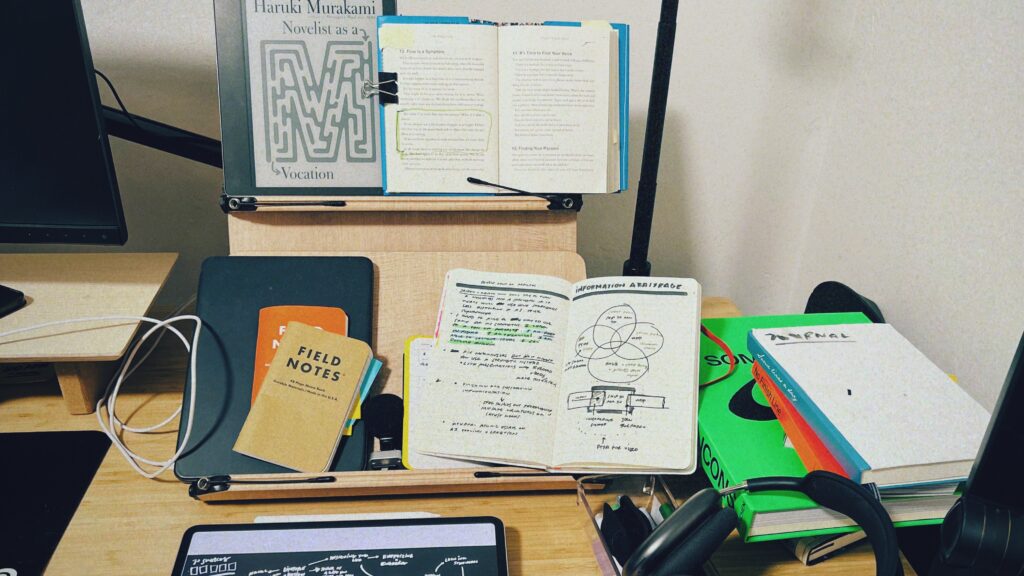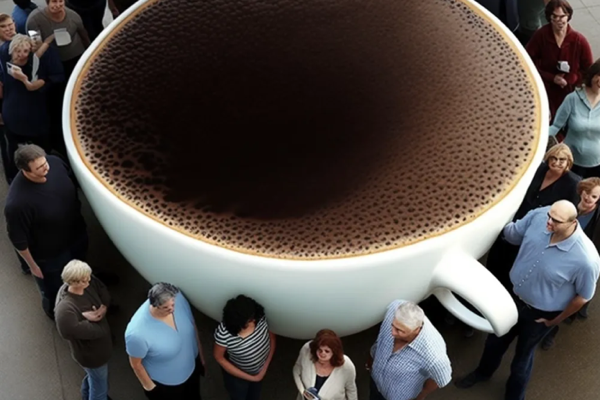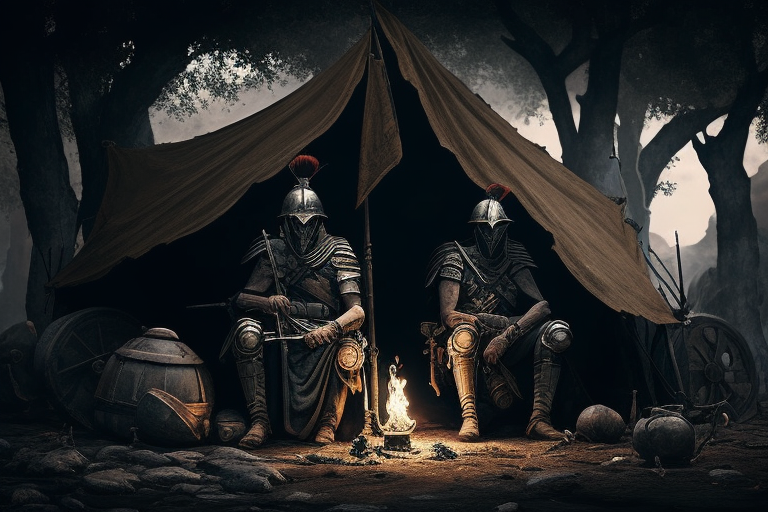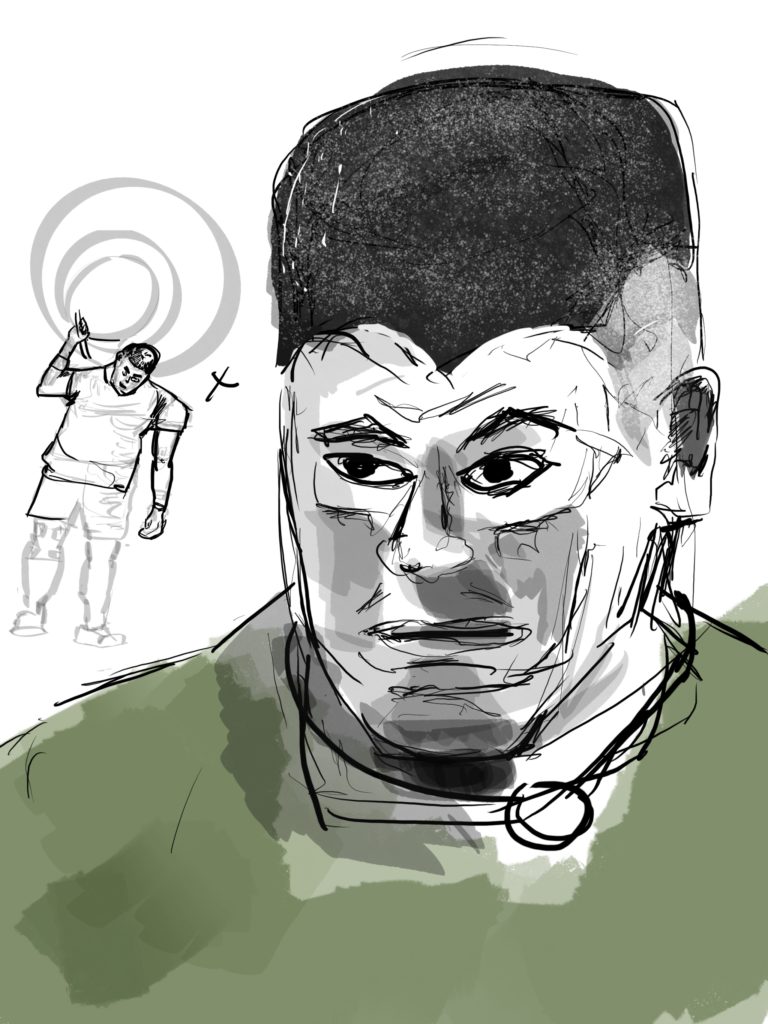Savor the here and now
From “How to Calm Your Mind: Finding Presence and Productivity in Anxious Times”:
“Neuroscientists like Lieberman refer to the calm network inside our brain as the “here-and-now” network: it’s what lets us enjoy ourselves and allows us to feel a satisfying presence with what we’re doing. It’s the mode you enter into as you savor your morning cup of coffee at the cottage, the mode that’s activated as you become mesmerized by the campfire at night. If the dopamine network is all about maximizing our future, the here-and-now network reminds us that our work is done; that it’s time to slow down, rest, and savor what the present has to offer.”
Bailey gives some of his own savoring examples: reading novels, splurging on a macadamia latte, and taking a walk in the forest he lives near.
I’m listening to “How to Calm Your Mind” while walking Booster next to a forest. This probably means I’m not savoring the book or time with my dog or the forest.
It does still feel like a better use of time than some alternatives in my day to day. Which all are some version of looking at a screen.
I need to savor a few more things in my life or add more things in that are worth savoring.
This book and podcast interviews with Chris Bailey are combining to convince me to start doing more analog things. Especially when there’s a choice between analog and physical (journaling comes to mind immediately), I’ll sacrifice speed of writing and increased word count in favor of… well just spending less time looking at a screen.
But I’ll also practice savoring the slower thinking and review. I tend to review pages in analog notebooks more than I do with digital notebooks.
As for physical books, I buy a bunch but need to start actually reading them.
I bought a tiered book holder to build out an analog corner. (Pictured in the header image.) It’s been useful so far even if it’s been a place to put my digital tablets away.
I don’t want to be an internet person. Which is in direct opposition to that I love being an internet person. (Or at least defaulted to being an internet person through most of my life.)
It’s true though, the best moments in life rarely happen staring at glass.
Even then, it was better to do that together at a LAN party.
Maybe I don’t need 600mg of caffeine?
From “How to Calm Your Mind: Finding Presence and Productivity in Anxious Times”:
Finding calm at the end of the reset, my mind didn’t put up a fight to finish small tasks. I felt less guilty about taking breaks from work, because my mind was more settled. And I craved distraction less, too.
Caffeine stimulates the release of dopamine, which can lead us to engage in additional dopaminergic behavior. (If you’re curious to test this out, try consuming more caffeine than usual, and see if you crave more distraction at the higher stimulation height.)
When I say “you” of course I mean me. I was regularly buying those Starbucks jugs from the grocery store and it wouldn’t be out of the ordinary to finish one throughout a day. Mix in some Coke Zero and Celsius here and there and there and there and there…
I was having 400-600mg of caffeine every day. I haven’t gone cold turkey but am trying to limit things to 200mg.
I’m also trying to wait until at least 90 minutes after waking to have my first cup of coffee. (Shout out to Andrew Huberman for that tip.)
I miss the coffee, but also am seeing that a lot of the time I’m just bored and a decaf coffee does the trick just the same.
I also actually think it’s been better for my focus in the morning in trying to stay one one task.



